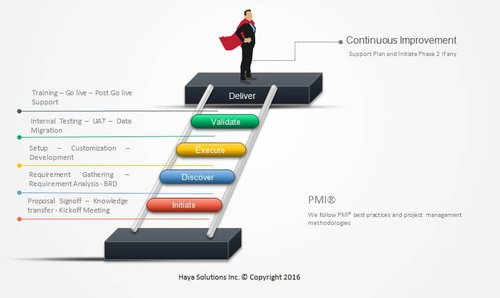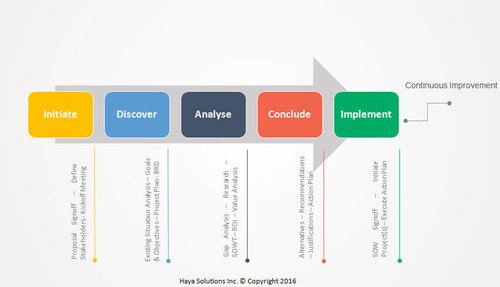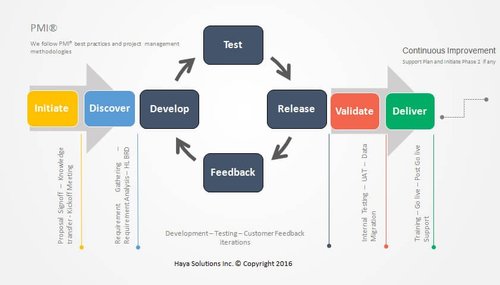
Project Management Methodologies
Project management in software development and implementation is critical for any business or organization that needs to develop and implement software. Project managers in this field are responsible for planning, coordinating, and overseeing software development and implementation projects. They often work with a team of software developers, testers, and end users to develop, test, and deploy software applications. Project management in software development and implementation is a complex and challenging endeavour requiring strong technical, organizational, and communication skills. Project managers need to understand the scope of the software development and implementation project, identify the necessary resources, and ensure that the project is completed on time and within budget. Completing a software development and implementation project can be the difference between a successful business and one that fails.
Software Project Management Methodologies
Software project management methodologies provide a framework for managing software development projects. They provide guidelines and best practices for tracking progress, staying organized and ensuring quality results. Software project management methodologies include Waterfall, Agile, Scrum, Kanban and Lean. Each process has pros and cons, and organizations must carefully consider which works best for their project.
The waterfall is a linear, step-by-step approach that is highly structured and requires a great deal of planning upfront.
Agile is a flexible, iterative process that allows for continual improvement and adaptation.
Scrum is an Agile methodology that uses sprints and cross-functional teams to deliver projects in an organized and collaborative way.
Kanban is a visual system that helps teams stay organized and prioritize tasks.
Lean is an approach that focuses on reducing waste and optimizing efficiency.
Waterfall Methodology Pros and Cons
Waterfall methodology is a traditional approach to software development that has been used for many years. It consists of a series of phases in which each step must be completed before the next one can begin, with the development process following a sequential flow. The main pros of the Waterfall methodology are that it is structured and predictable, making it easy to plan and manage. It allows for clear documentation since each phase is documented in detail. The main cons are that it is rigid, cannot easily accommodate changes, and is difficult to test before the product is finished. Additionally, it can take a long time, so it may not be suitable for shorter projects.
Agile Methodology Pros and Cons
Agile methodology is a popular project management approach that emphasizes iterative and incremental development. It is designed to help teams quickly respond to changing customer needs and requirements while delivering high-quality products. The main advantages of Agile methodology include faster delivery of projects, enhanced collaboration and communication among project team members, improved customer satisfaction and increased visibility into project progress. The main disadvantages of Agile methodology include difficulty in managing the project's scope, difficulty predicting the cost and timeline of the project, and difficulty adjusting to the customer's changing needs. Additionally, Agile methodology can be challenging to implement in projects with fixed deadlines and distributed teams. Despite these issues, Agile methodology is still widely used, providing numerous benefits to project teams.
Haya Solutions Methodologies
At Haya Solutions Inc., PMP Certified consulting team decided to use Waterfall. However, they invented a middle-ground method aligned with PMI best practices called Agile-Hybrid.
Waterfall Methodology for Software Development and Implementation Projects

Waterfall Methodology in Digital Consulting Projects

Haya's Agile-Hybrid Methodology
Haya Solutions Inc. developed a methodology to unify the advantages of Waterfall and Agile methods by combining the flexibility, agility, and collaboration of Agile with the structured planning and documentation of Waterfall. Since 2016, we have completed hundreds of projects successfully on schedule and within budget.

When selecting a software project management methodology, various factors must be considered. These include scope, project size and complexity, budget, timeline, resources, organizational goals, and risk tolerance. Depending on the nature of the project, different elements may be more or less critical. For example, a project with tight deadlines and limited resources may require an Agile-Hubrid methodology. In contrast, a project with an extended timeline and considerable resources may benefit from a Waterfall approach.
The correct method must be chosen to ensure the successful delivery of the project, so careful thought should be given to all elements before making the final decision.


